At least 17% of beef and 20% of soy exported to the EU from certain areas of Brazil may be related to illegal deforestation, a new study in the journal Science has found.
The study, The rotten apples of Brazil’s agribusiness, found that although most of Brazil’s agricultural output is deforestation-free, 2% of properties in the Amazon and Cerrado are responsible for 62% of all potentially illegal deforestation.
It found that roughly 20% of soy exports and at least 17% of beef exports from both of these areas to the EU may be “contaminated” with illegal deforestation.
By contaminated, it means deforestation occurred during the process of producing the beef and soy.
Researchers analysed the deforested area on over 800,000 farms on maps.
Mercosur deal
International buyers of Brazil’s agricultural commodities have raised concerns about products that are contaminated by deforestation, according to the study.
“European Union (EU) criticism of the Brazilian government bolsters demands to boycott Brazilian products and to withhold ratification of the trade agreement reached in 2019 between the EU and Mercosur, the South American trade bloc.
“Among the concerns is that increasing greenhouse gas (GHG) emissions from deforestation and forest fires in Brazil could cancel out EU climate change mitigation efforts.
“The Brazilian government and agribusiness contend that national laws ensure high conservation standards, and hence trading bans should not include legally authorised deforestation,” it said.
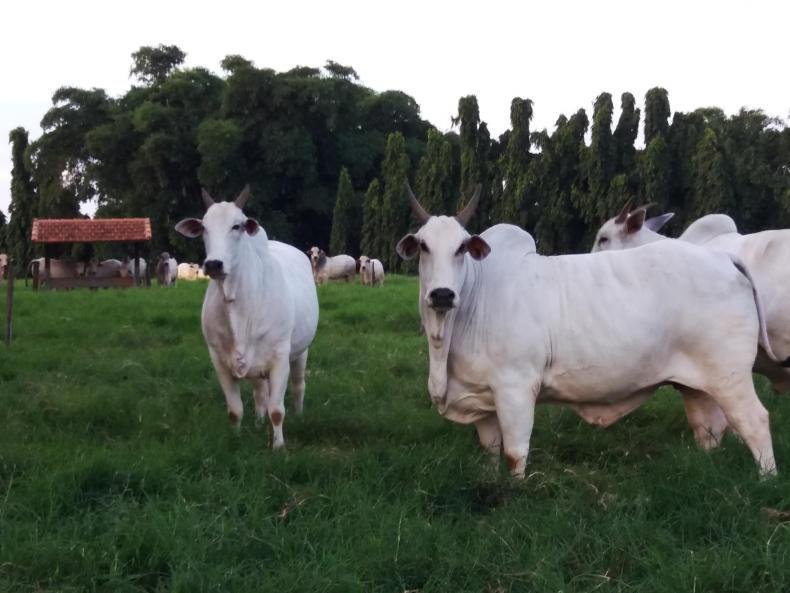
Nelore cattle in Brazil on a farm in Taruma.
Safeguards
The Mercosur deal continues to receive criticism from farmers in Ireland, with fears of Brazilian beef flooding the EU market, putting Irish beef at a price disadvantage.
There are a number of safeguards in place, which if broken by Brazil would see the deal fail.
Former European Commissioner for Agriculture Phil Hogan told the Irish Farmers Journal last year that if Brazilian president Jair Bolsonaro were to follow US president Donald Trump out of the Paris climate agreement, the deal would fail.
He also said the agreement has a binding commitment which includes zero illegal deforestation and restoring and planting 12m hectares at 1m hectares annually by 2030.
The authors of the study said that raising awareness is important to press Brazil to conserve its environmental assets and to promote international political will for cutting emissions.
“This could be achieved, for example, through the environmental safeguards of the Mercosur-EU trade agreement, which require EU imports to comply with the export country’s legislation,” they said.
Under the trade deal, the bloc of countries which make up the Mercosur area has a beef quota of 99,000t with a 7.5% tariff.
The London School of Economics estimates that this would increase EU imports of South American beef by 64% or 128,000t carcase weight equivalent.
Read more
The scale and history of clearing the Amazon rainforest
Mercosur report confirms beef fears
Exclusive interview: Hogan defends Mercosur deal
At least 17% of beef and 20% of soy exported to the EU from certain areas of Brazil may be related to illegal deforestation, a new study in the journal Science has found.
The study, The rotten apples of Brazil’s agribusiness, found that although most of Brazil’s agricultural output is deforestation-free, 2% of properties in the Amazon and Cerrado are responsible for 62% of all potentially illegal deforestation.
It found that roughly 20% of soy exports and at least 17% of beef exports from both of these areas to the EU may be “contaminated” with illegal deforestation.
By contaminated, it means deforestation occurred during the process of producing the beef and soy.
Researchers analysed the deforested area on over 800,000 farms on maps.
Mercosur deal
International buyers of Brazil’s agricultural commodities have raised concerns about products that are contaminated by deforestation, according to the study.
“European Union (EU) criticism of the Brazilian government bolsters demands to boycott Brazilian products and to withhold ratification of the trade agreement reached in 2019 between the EU and Mercosur, the South American trade bloc.
“Among the concerns is that increasing greenhouse gas (GHG) emissions from deforestation and forest fires in Brazil could cancel out EU climate change mitigation efforts.
“The Brazilian government and agribusiness contend that national laws ensure high conservation standards, and hence trading bans should not include legally authorised deforestation,” it said.

Nelore cattle in Brazil on a farm in Taruma.
Safeguards
The Mercosur deal continues to receive criticism from farmers in Ireland, with fears of Brazilian beef flooding the EU market, putting Irish beef at a price disadvantage.
There are a number of safeguards in place, which if broken by Brazil would see the deal fail.
Former European Commissioner for Agriculture Phil Hogan told the Irish Farmers Journal last year that if Brazilian president Jair Bolsonaro were to follow US president Donald Trump out of the Paris climate agreement, the deal would fail.
He also said the agreement has a binding commitment which includes zero illegal deforestation and restoring and planting 12m hectares at 1m hectares annually by 2030.
The authors of the study said that raising awareness is important to press Brazil to conserve its environmental assets and to promote international political will for cutting emissions.
“This could be achieved, for example, through the environmental safeguards of the Mercosur-EU trade agreement, which require EU imports to comply with the export country’s legislation,” they said.
Under the trade deal, the bloc of countries which make up the Mercosur area has a beef quota of 99,000t with a 7.5% tariff.
The London School of Economics estimates that this would increase EU imports of South American beef by 64% or 128,000t carcase weight equivalent.
Read more
The scale and history of clearing the Amazon rainforest
Mercosur report confirms beef fears
Exclusive interview: Hogan defends Mercosur deal





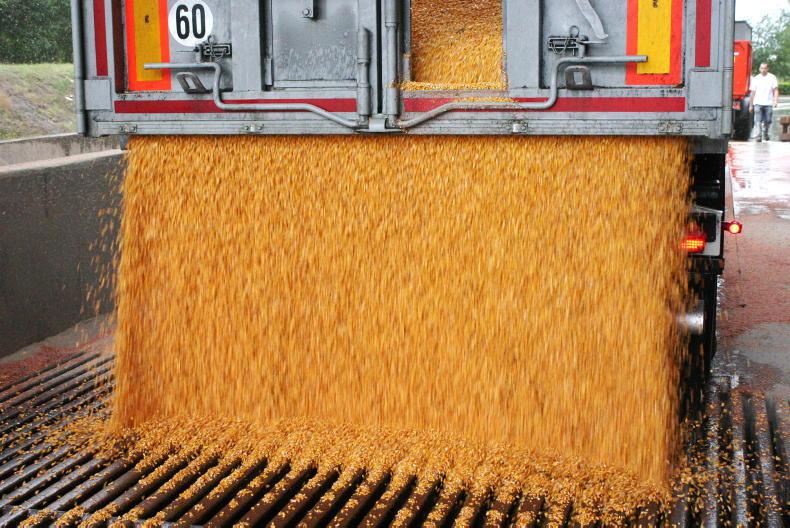

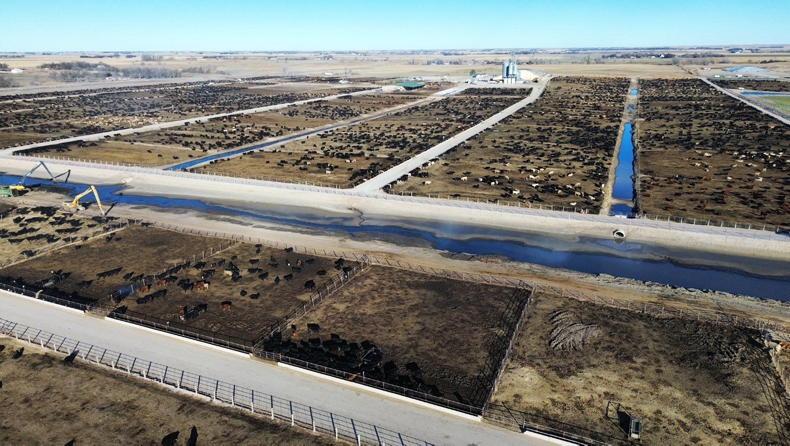
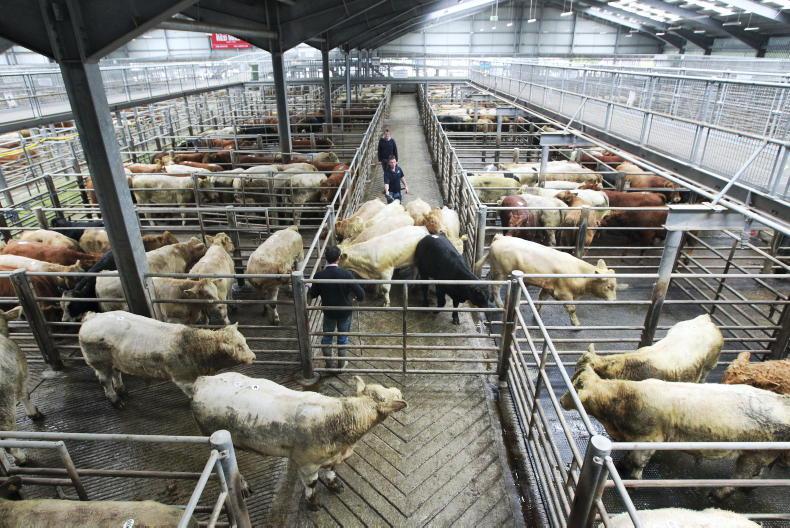
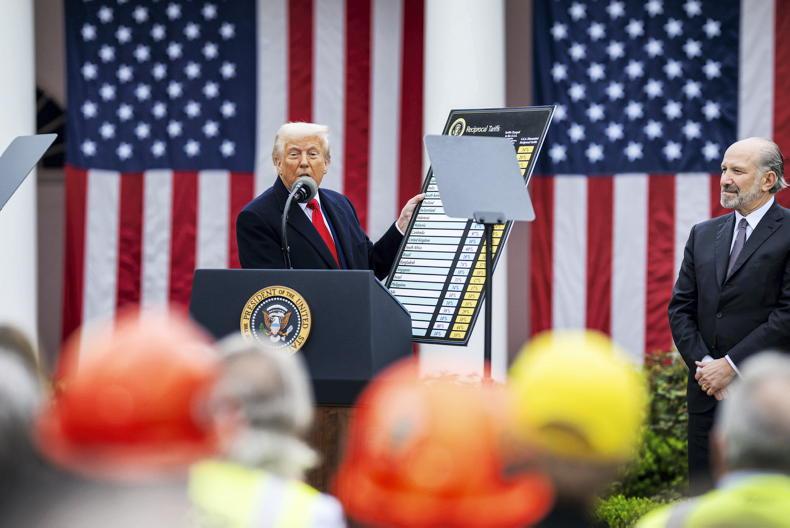
SHARING OPTIONS